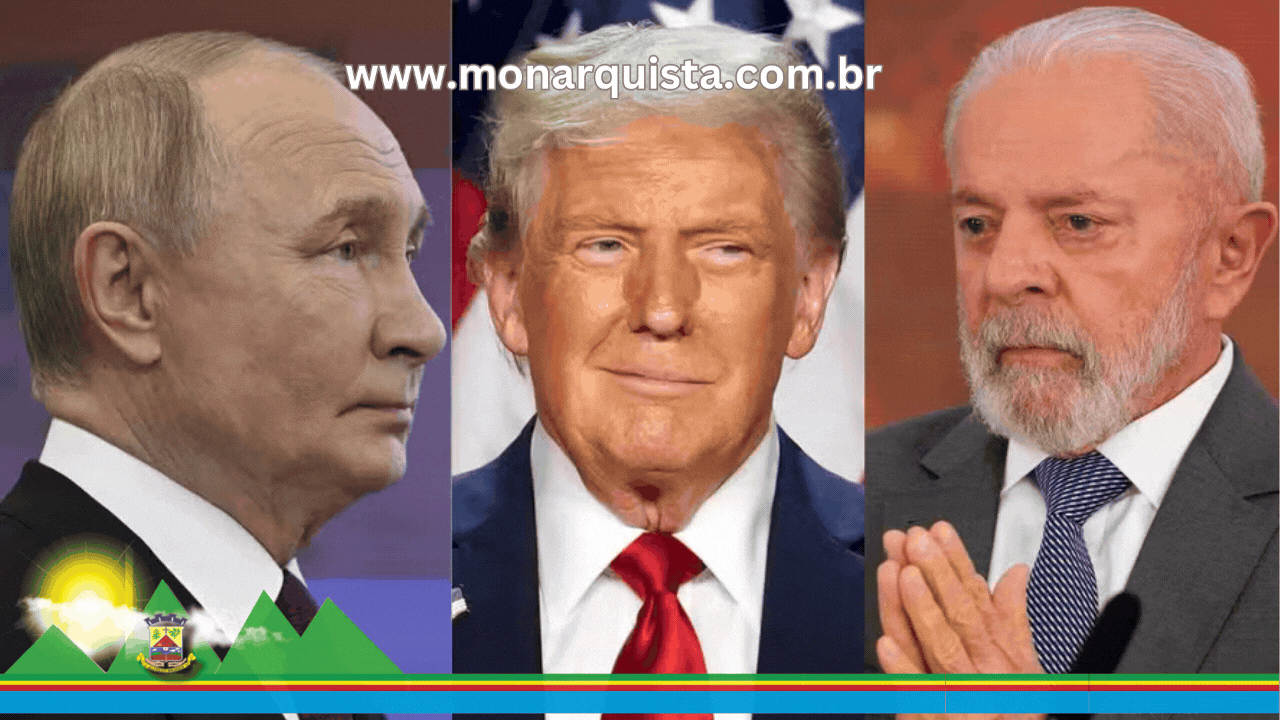The global economy is facing a situation marked by instability that affects both economic powers and developing countries. Russia, for example, is experiencing one of its worst crises in decades, with inflation at 9.5% and increasing pressure on the Central Bank to contain rising prices. According to recent news, basic foods such as potatoes have increased by 78%, while butter and other essential products have seen increases of up to 31%. This crisis is not only economic, but also political, with internal divisions among the Kremlin elites over solutions, such as a controversial request for a bailout from the IMF.
The Brazilian Crisis: A Less Severe, But Still Worrying Scenario
In Brazil, the situation is less drastic, but still challenging. Inflation has fallen compared to the peaks recorded during the pandemic, but the population’s purchasing power remains compromised due to the high costs of food, energy and fuel. Social programs such as Bolsa Família were expanded to mitigate the impact of the crisis among the most vulnerable families, but fiscal issues and the fragility of the labor market still put a sustainable recovery in doubt.
United States: The Power in Check
Meanwhile, in the United States, the economy is also facing pressures. Inflation has eased since the pandemic, but high interest rates imposed by the Federal Reserve (FED) to control prices are causing unrest. Companies in sectors such as technology and consumer goods are cutting investments and making staff cuts. At the same time, consumer debt is rising, and there are fears of a possible recession in 2024. Political polarization in Congress and negotiations over the debt ceiling are only exacerbating the instability.
Global Interconnections and Lessons for Brazil
The crises in Russia and the United States offer important lessons for Brazil. In the Russian case, dependence on a specific sector — such as energy commodities — highlighted the vulnerability of economies that are not very diversified. The situation in the United States reinforces the importance of fiscal balance and a clear monetary policy to avoid market distrust.
Although the challenges are distinct, the complexity of the global scenario requires that Brazil continue to focus on policies that balance economic development and social justice. Investments in infrastructure, economic diversification, and expansion of education and professional training programs are essential to increase the country’s competitiveness. In addition, collaboration with international organizations can open doors to shared solutions and financing in times of crisis.
This makes it clear that the economies of different countries, despite facing unique challenges, are interconnected. Solutions must also be coordinated, considering the peculiarities of each region and the need for global cooperation to address the impacts of economic and social crises. For example, creating international credit lines for exports or investing in technologies that ensure greater efficiency in food production and distribution may be viable paths.
A global economic crisis could even affect Santa Catarina’s foreign trade and even affect the people of Santa Catarina. Therefore, it is important that local governments and individuals maintain a reserve to face moments of crisis and prepare for economic renewal when it passes and the economy starts to show signs of improvement.



